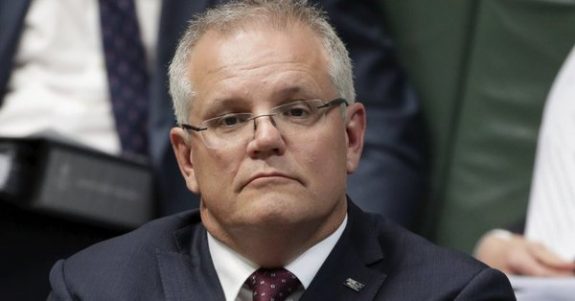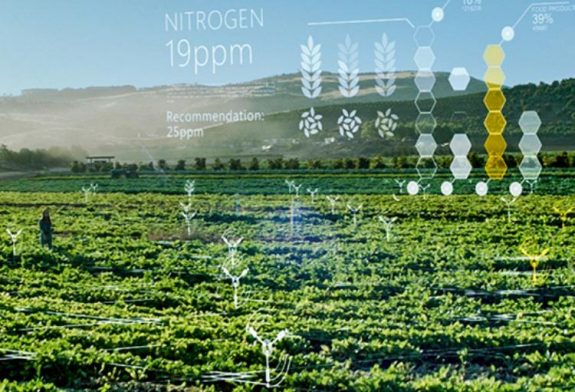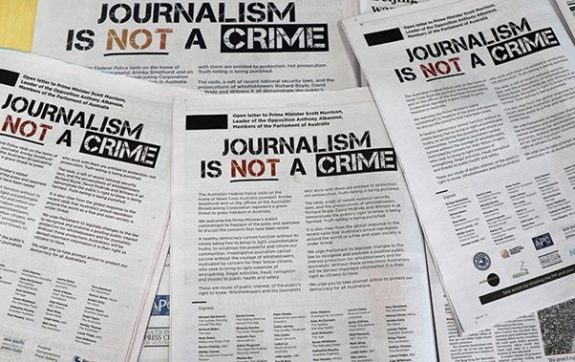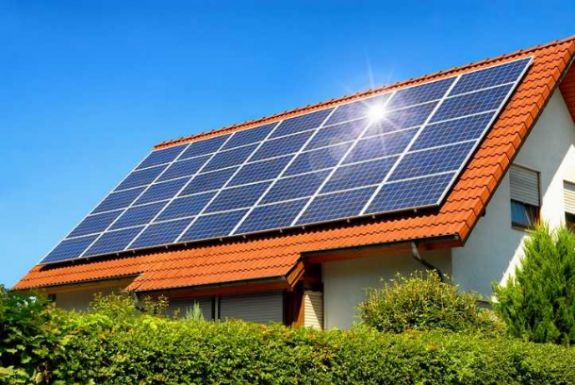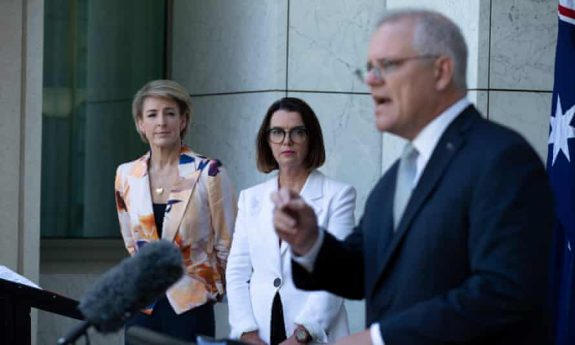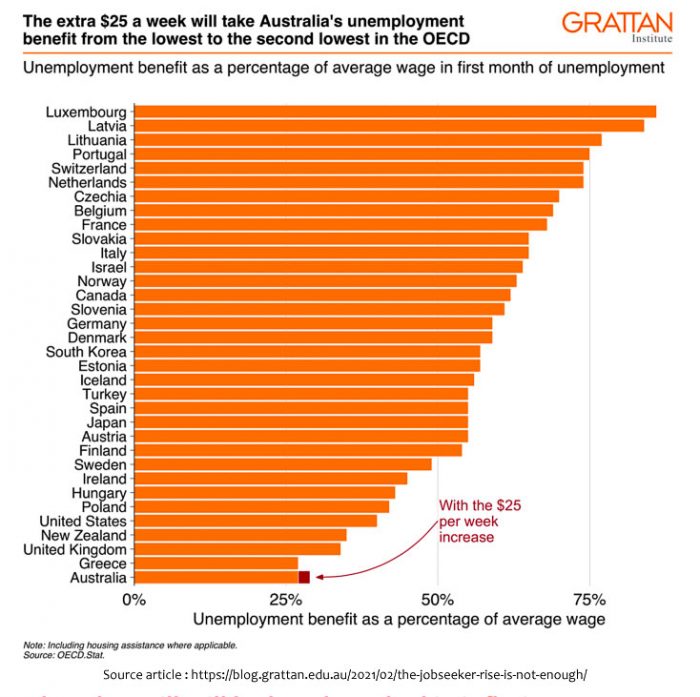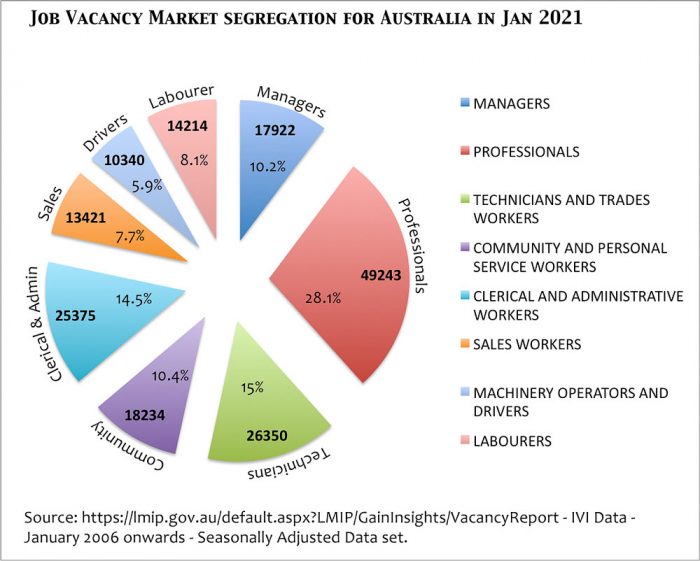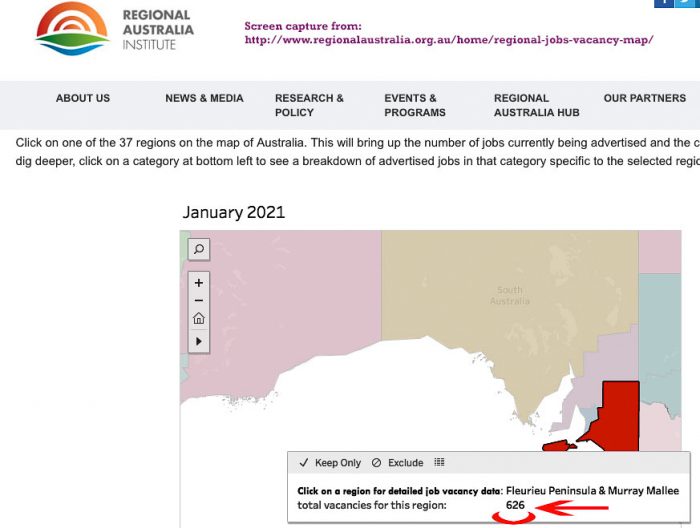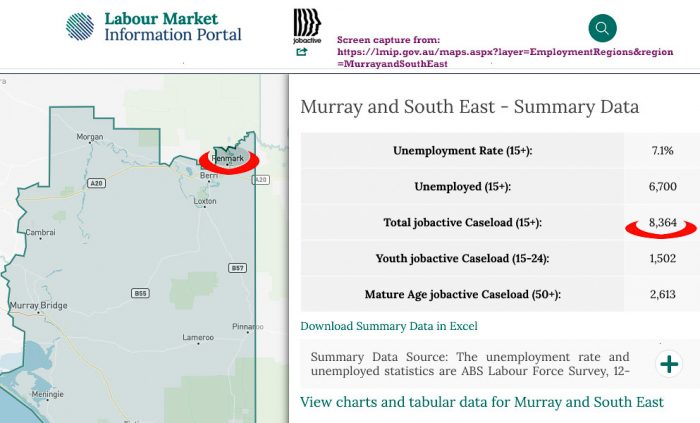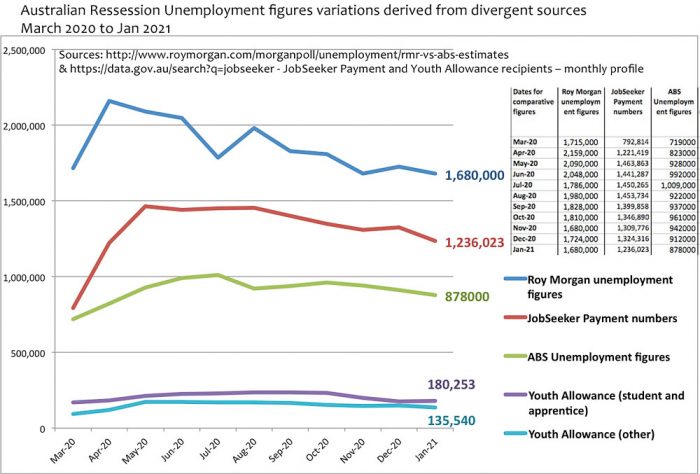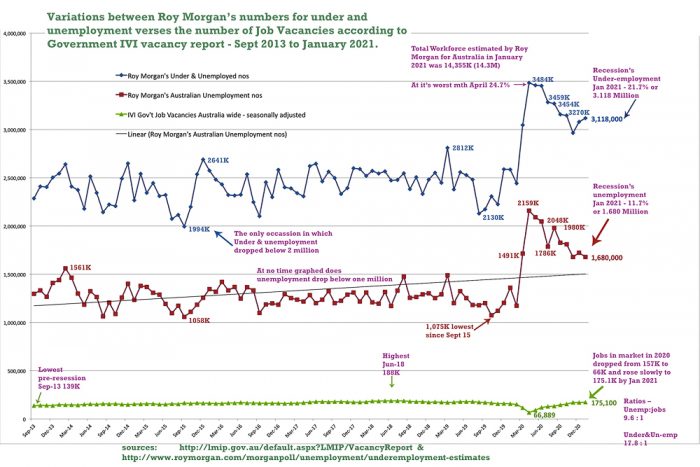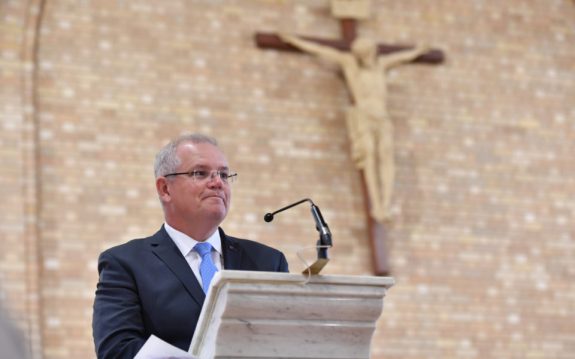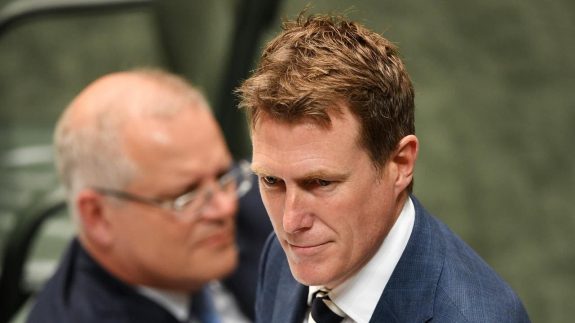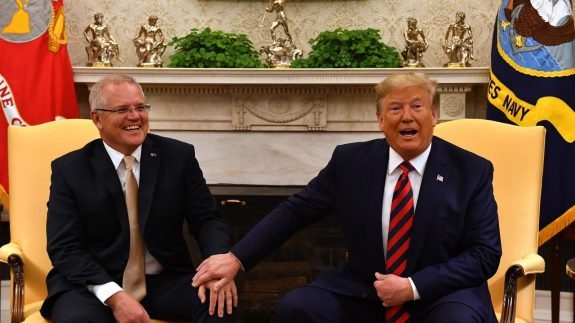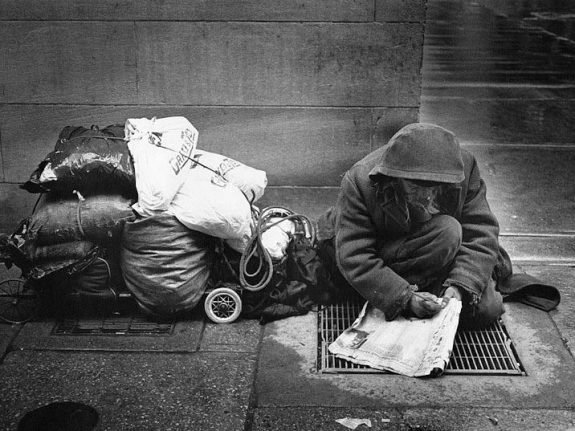Consent and Flirting

By Tina Clausen
I am sick and tired of the many ignorant comments by all genders that I keep coming across in the current climate of discussions around ‘consent for sexual activity’ and ‘flirting’.
Firstly regarding ‘consent for sexual activity’: Unless you have a very clear, happy and enthusiastic consent expressed to you (in whatever way) then you must automatically assume that you do not have consent.
If you feel uncertain or confused about consent in any given situation then, very simply put, you do not have consent.
Someone asleep, severely impaired or incapacitated by alcohol, drugs, illness etc is incapable of giving consent which means you do not have consent. At this point, whatever type of sexual activity you may proceed to engage in is sexual assault or rape.
Secondly, regarding flirting: I am over seeing ordinary behaviours which all people engage in (eg smiling at, looking at, talking to, making eye contact etc) getting falsely interpreted by recipients as you obviously flirting with them or somehow leading them on. No! Unless there is a wider context where corroborating evidence and behaviours exist then you do not have the right to assume that any kind of flirtation or expression of sexual interest is taking place.
As for comments about how everything is now confusing and nobody dares to flirt anymore, all I can say is this: If your ‘flirting’ gets ignored, rebuffed, maybe judged as inappropriate or gets an angry response then it is because you have either forgotten or ignored one of the core tenets of flirting; namely, ‘mutuality’. Flirting is a two-way street that both participants are taking part in and enjoying. If only one of you is enjoying it then it is sexual harassment.
People have the right to choose whom they want to flirt with and whom they want to respond positively to. Don’t just launch into what might be unwanted flirtation. Talk to people normally and nicely and try to establish a connection. If they rebuff that approach, then assume they are not interested. If they are happy to talk to you at that level but then non-responsive to subsequent flirting attempts, then they are very likely not interested and are just being friendly or polite. Either way, it’s time to back off. And no, you do not have the right to get pissed off or abusive for being friend-zoned.
If you are at all uncertain about anyone’s level of interest, then you need to assume that you do not have the go-ahead for anything even remotely sexual.
It must also be noted that just because someone engages in playful flirting it does not automatically mean that consent is given for anything more than that to occur. Nor must an assumption be made that any kind of interest in taking things further must exist purely based on that bit of flirtation.
Oh, and one last thing: Don’t ever tell a stranger in a pub or club (or a colleague or casual acquaintance for that matter) to ‘smile’. Nobody owes you a smile, especially not a stranger. Besides, you have now put that person in a really shitty situation. If they don’t smile, they get judged as rude or stuck-up, and if they do smile out of politeness, they leave themselves open to being seen as receptive to further interaction when that may not be the case or, even worse, the smile is falsely interpreted as flirting or showing interest in you. Telling a stranger to ‘smile’ is patronising and demeaning however way you look at it. Just don’t do it!
Like what we do at The AIMN?
You’ll like it even more knowing that your donation will help us to keep up the good fight.
Chuck in a few bucks and see just how far it goes!










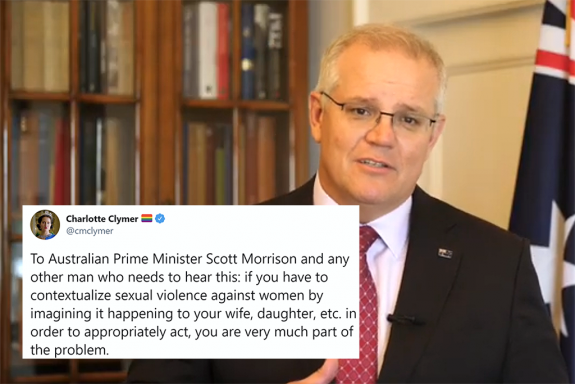

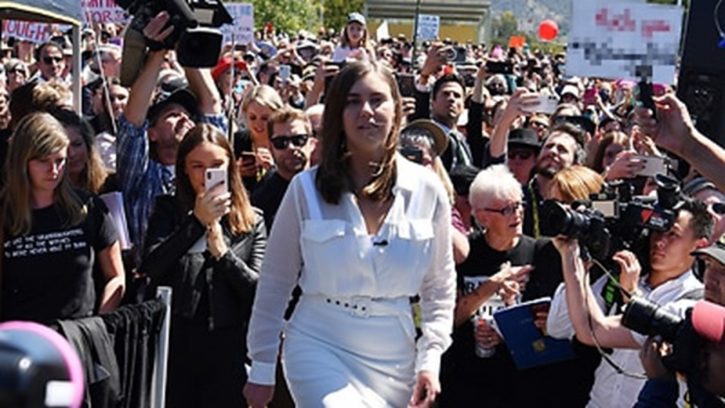
 Popular magazines promoted a love of domesticity. Preoccupation with fashions and consumerism replaced just some of the social activism of the pre-1914 era.
Popular magazines promoted a love of domesticity. Preoccupation with fashions and consumerism replaced just some of the social activism of the pre-1914 era.

